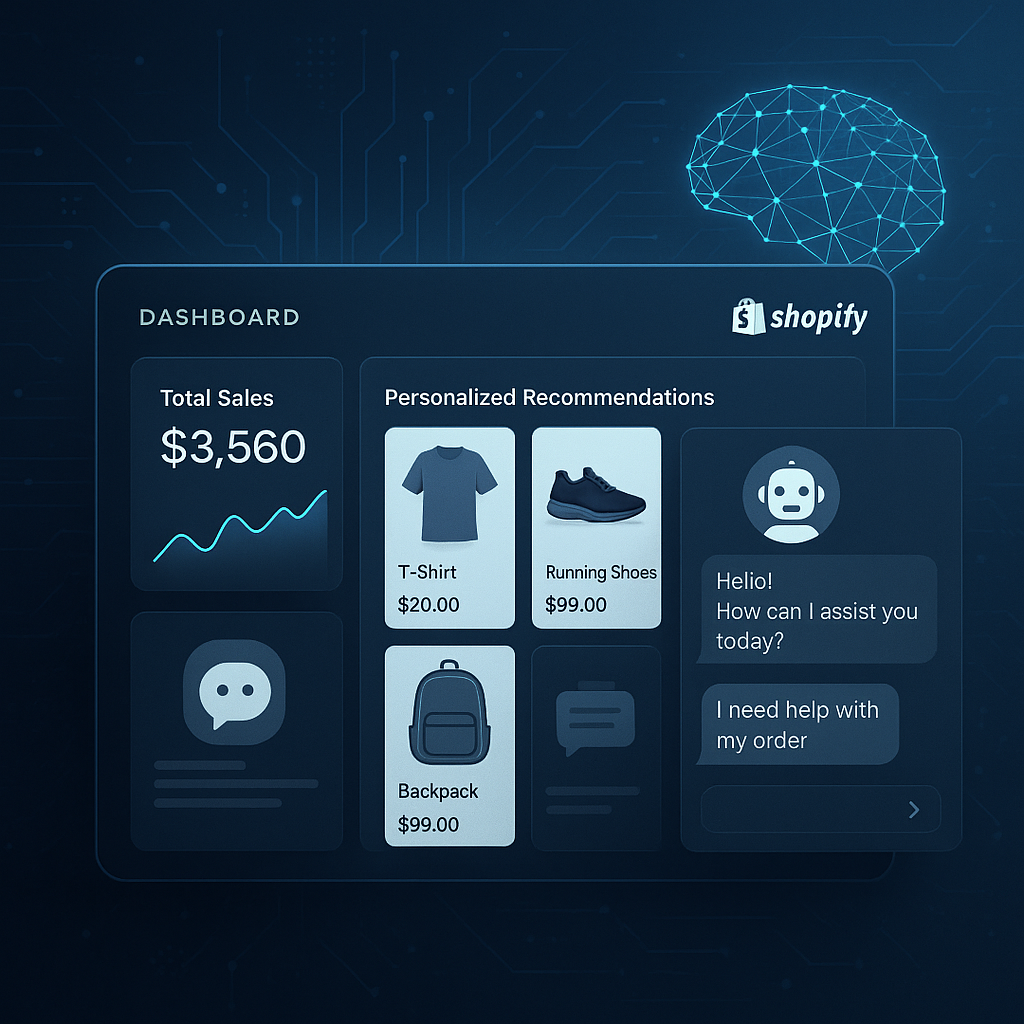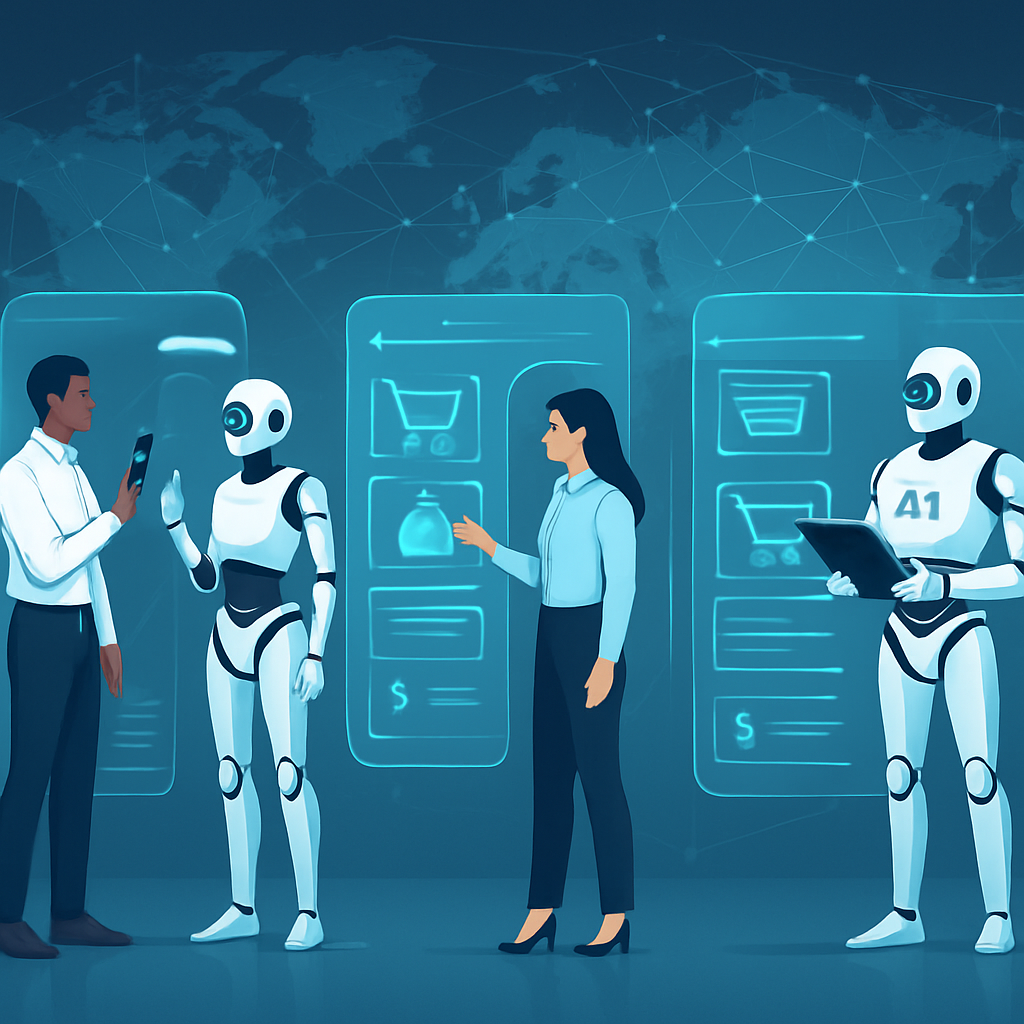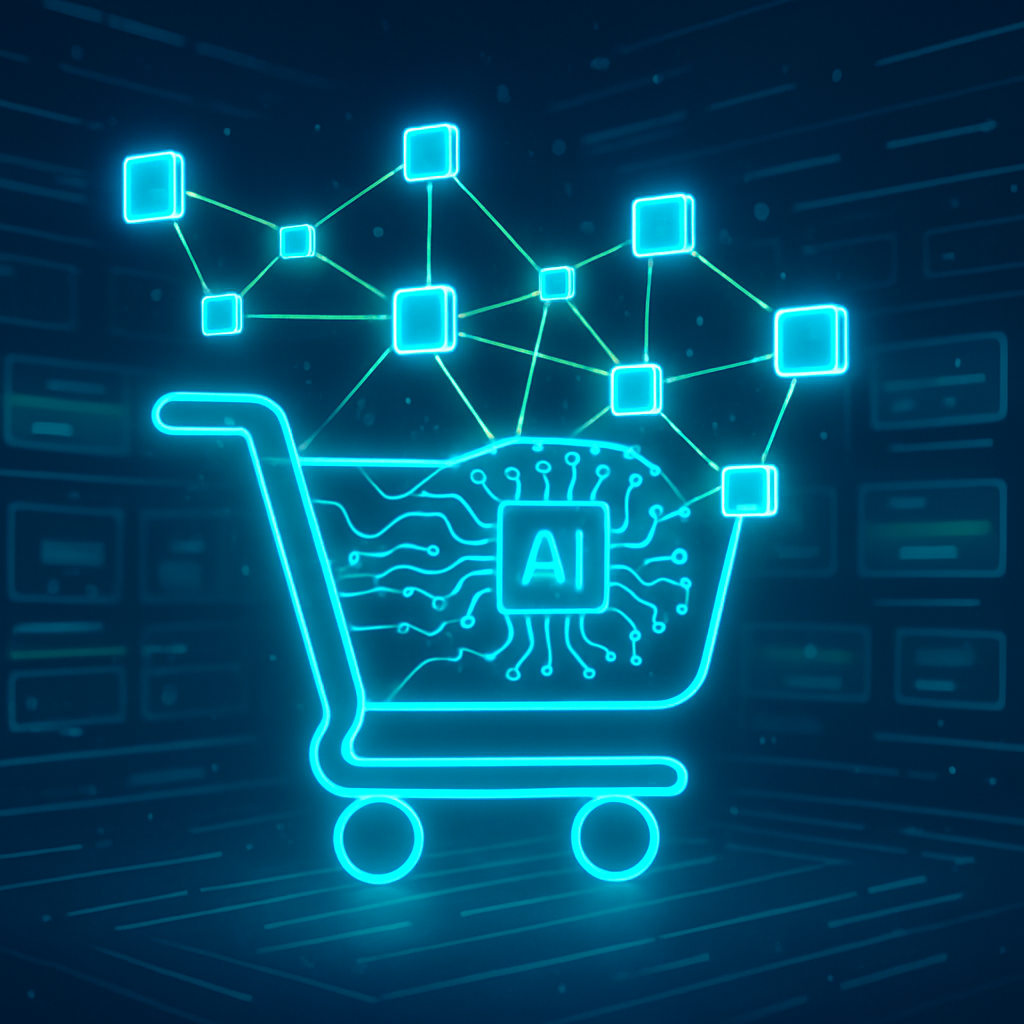
Transform Your Shopify Store’s Customer Experience Using Basic AI in 2025
In the fast-evolving world of e-commerce, Shopify remains a leading platform for entrepreneurs and businesses aiming to reach customers worldwide. As 2025 ushers in new technological possibilities, even fundamental integration of artificial intelligence (AI) is empowering Shopify store owners to radically enhance customer experience without overwhelming complexity or cost.
Understanding Basic AI in Shopify Context
Basic AI integration involves deploying straightforward, often pre-built AI tools that require minimal customization but yield significant user-facing improvements. These AI functionalities tease out patterns, anticipate customer behavior, and automate interactions based on simple algorithms or machine learning models without extensive development.
Within Shopify ecosystems, basic AI can be implemented via apps or plug-ins to augment the store with capabilities such as personalized recommendations, chatbots, automated email follow-ups, and inventory alerts.
Enhanced Personalization for Shopper Engagement
One of the most tangible benefits of basic AI is improved personalization—tailoring product displays or marketing messages based on visitor data. Even simple recommendation engines leverage previous browsing, purchase history, or search keywords to suggest products a customer is most likely to appreciate.
For example, a Shopify store selling eco-friendly home products could use a basic AI tool to analyze a visitor’s browsing habits and highlight reusable kitchen items or organic bedding sets, increasing the chance that shoppers find relevant items swiftly.
The Power of Dynamic Product Recommendations
By integrating a basic AI plugin that tracks shopper preferences, stores can dynamically curate "Customers who viewed this also liked" sections, effectively boosting cross-selling and average order value. This strategy simulates in-store discovery and provides a more engaging, customized online shopping experience.
Smarter Customer Support with AI Chatbots
Basic AI chatbots, often driven by preset decision trees or natural language processing with limited scope, serve as efficient first responders. They handle routine queries around order status, return policies, or shipping times, freeing human support staff for complex interactions.
Consider a customer who wants to track an order placed a week ago. A chatbot integrated into the Shopify store can instantly retrieve status information via API connections, delivering an instant answer that reduces wait times and increases satisfaction.
24/7 Availability and Proactive Assistance
The round-the-clock availability of AI chatbots means customers can get help outside traditional business hours. Moreover, simple AI-driven pop-ups can proactively offer assistance based on time spent on pages or abandonment behavior, increasing conversion rates.
Automated Follow-ups and Retention
Basic AI tools also automate personalized email and SMS follow-ups, triggered by behaviors such as cart abandonment or after purchase. These communications feel tailored—using the customer’s first name, referencing exact products, and offering relevant discounts—without manual effort.
This automation nurtures loyalty and encourages repeat purchases, key factors for sustainable Shopify store growth.
Inventory Management Insights
While advanced AI forecasting remains resource-intensive, even basic AI capabilities assist store owners with inventory alerts, predicting when popular items are low in stock based on recent sales velocity. This helps prevent missed sales opportunities and improves fulfillment speed.
Practical Examples of Basic AI Integration in Shopify
Automated Product Tagging: AI tools scan product descriptions and images to suggest categorization or tags, optimizing search and navigation for customers.
Visual Search Assistance: Customers upload images to find similar products via AI-powered search, increasing engagement with intuitive shopping.
Sentiment Analysis: Basic AI analyzes customer reviews and feedback to highlight product strengths or identify improvement areas, informing store strategies.
Balancing AI Benefits with Customer Trust
Transparency is vital when introducing AI features. Customers appreciate knowing when they interact with bots versus human agents. Clear communication about data usage and privacy fosters trust—critical for converting first-time visitors into loyal customers.
The Future Outlook: Growing AI Accessibility in E-Commerce
As AI technologies continue maturing, the gap between basic integration and advanced functionalities narrows. Shopify merchants can anticipate increasingly powerful yet user-friendly AI options that don’t demand extensive technical skills or budgets but unlock richer, seamless customer experiences.
Conclusion
In 2025, even basic AI integration transforms Shopify stores from simple online shops into intelligent, customer-centric platforms. From tailored product recommendations and responsive chatbots to automated communication and inventory insights, these accessible AI tools enhance engagement, satisfaction, and operational efficiency. Store owners leveraging these innovations position themselves well to meet evolving customer expectations and competitive pressures in a dynamic e-commerce landscape.






